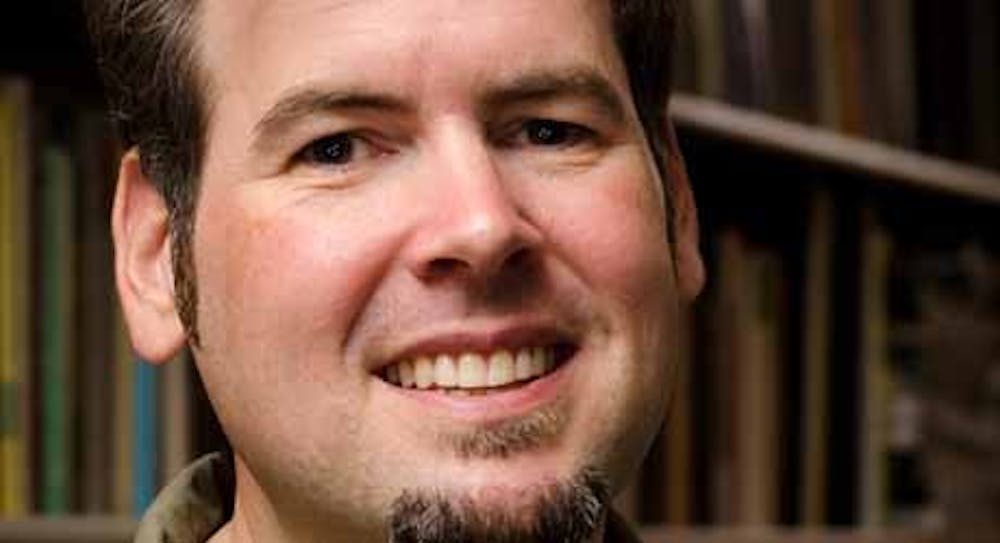The first person to live to 150 could be reading this article.
That’s the view of many scientists in the field of radical life extension, which targets the underlying cause of many diseases: aging. As the science has progressed, the reality of people living well past 100 grows closer daily.
Several professors at ASU are concerned with the social implications of people living longer lives, and they all agree that society must adapt as its citizens continue to age.
The goal of life extension is to influence people’s wellbeing, said Jason Robert, an ethics and biotechnology professor at ASU.
Although uncertainty remains in the field, society must prepare itself for the possibility of people living longer, he said.
Robert joined other scientists and ethicists in Washington, D.C., on Nov. 16 for a seminar hosted by Slate magazine and public policy institute New America Foundation. The event was held to discuss the biology and policy implications of radical life extension.
The conference was an example of the intense discussion on the topic-taking place at ASU.
There are two different approaches scientists are taking to life extension, Robert said.
One is by focusing on extending life span.
Aubrey de Grey, an English theoretician who participated in the discussion, believes that humans’ life span could potentially be increased by 10, 100, or even 1,000 years, given the proper science.
The second approach to life extension focuses on health span, for which Jay Olshansky, a health professor at the University of Illinois at Chicago, campaigns.
Health span, Robert said, deals with how long people are healthy, and not solely with how long they live.
“It’s not entirely clear that just adding more years to our lives is valuable if those years are not good ones,” Robert said. “We could live longer, but not necessarily better.”
The implications of extending human life, Robert said, could be massive, because many institutions are not prepared to deal with people living drastically longer lives.
Robert, as an ethicist, makes a distinction not to decide right or wrong, he said. Instead, he deals with what is at stake for humanity.
“The implications of life extension are profound,” said Gary Marchant, an emerging technologies, law and ethics professor at ASU. “We need to think this through.”
Marchant added that all of society’s environmental and budgetary models are based on a projected life expectancy.
If those numbers change, he said, all of those models will be dramatically affected.
For example, Social Security and Medicare would be adversely affected by longer life spans, Marchant said.
“Are we set up for people to live 50 years after they retire?” he said. “Do you change the retirement age? If you live to 120, do you retire when you are 90?”
Marchant added that the justice system might also need to be changed if people live past double digits — under the current system, many justices are appointed for life.
Joel Garreau, a law, culture and values professor at ASU, is interested in fact-based scenarios related to life extension.
While there is evidence of increasing lifespan in humans around the world, Garreau said, there is also evidence to the contrary.
In Russia, life spans and health spans both have decreased, most likely due to sedentary lifestyles, unhealthy eating and alcoholism, Garreau said.
“It has everyone scratching their heads,” he said. “It could potentially even happen in the United States.”
He added that in Russia, adult males have only a 50 percent chance of reaching the age of 65.
Regardless of the outcome, Garreau said, this type of discussion would not be possible without the efforts going on at ASU.
The collaboration between scientists and ethicists at the University is an important factor in driving the study, he said.
“ASU is a genuinely unusual place in that sense,” Garreau said.
Reach the reporter at alex.ferri@asu.edu





